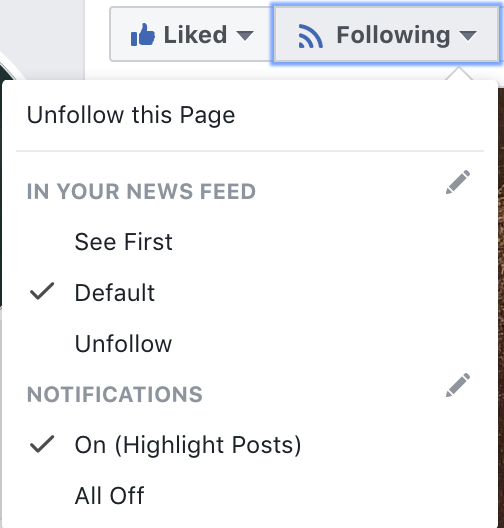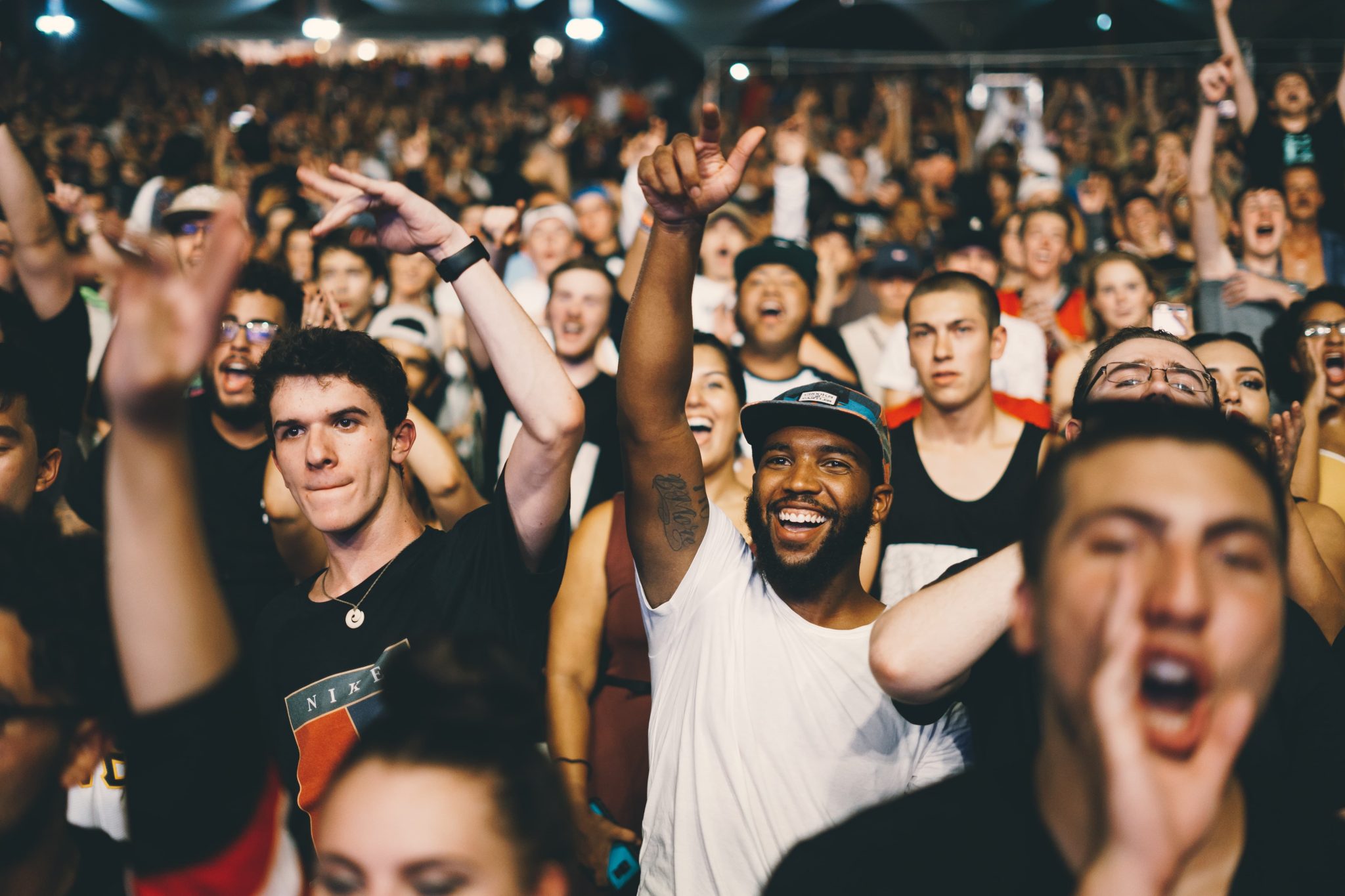Basquiat Work Ethics
Coming from a period when few people made electronic music before its art was democratized, meeting people who were making music was difficult as not many people had the opportunity to produce it. You’d meet someone who would produce music, and it felt like you’d have a lot to talk about because they might have similar gear or setup, so you’d hope to be able to share insights.
Nowadays, we have been experiencing an opening of opportunities where software makes it easier to produce music. With AI, people can skip the creation process and have music custom-tailored to their imagination. I see a feeling of jadedness about the new generation among older producers.
As a friend and fellow musician said:
Making music doesn’t make you special anymore. Everyone can do it.
In parallel, students asked me how they could elevate their craft above that of the average hobbyist. To answer this, I looked into the case of Jean-Michel Basquiat.
Basquiat, An Urban Artist
Basquiat was known for his prolific output and unique artistic style, combining street art, graffiti, and fine art elements. Despite his short life, Basquiat created a vast body of work that continues to influence contemporary art.
One aspect of Basquiat’s work ethic was his relentless dedication to his craft. He was known to spend countless hours in his studio, often working late into the night or early morning. A deep passion for expression and creativity drove this commitment to his art.
Basquiat’s work ethic also reflected his intense focus and determination. He urgently approached each piece, channelling his energy into spontaneous and expressive brushstrokes. This intensity allowed him to capture raw emotions and ideas on canvas, resulting in visually striking and intellectually stimulating artworks.
While prolific, he made a name for himself that we still relate to nowadays. If you analyze his work, you will see that he used multiple ways to make a name for himself that can be applied to music-making.
Let’s look into the points that made him rise to the status he built.
Source Material
In the video, the narrator talks about how Basquiat found a book that served as an inspiration base. Basquiat uses a collection of icons, logos, and images on a specific page in many of his artworks. It was his vocabulary, and it became his motor as well. If his pieces were set around a theme, you’d see these same icons being omnipresent. This is a way of always having a collection of repetitive ideas that, in a way, established his brand.
The way I teach music is not too far from that approach. I encourage any artist I work with to build a set of references and allocate a lot of time to finding samples that ignite excitement. Services like Splice offer vast items, such as samples, AI sketch generators, plugins and other tools. Compared to jazz, electronic music has too many sounds to pick up, and it’s easy to get lost in which sound one should pick to make a new song.
Your source material could be divided into 2 main categories:
- Place holders. These are sounds you use by default in all your initial ideas. Back then, people would only have money to buy a 909 or a 303, which was the sound they would use de facto. As we now have access to everything, it is helpful to have a template go to sounds you use as a starting point, and then you can swap later on.
- Identity. These are more about representing you. Some artists have identity sounds that you can immediately recognize in the first minute of listening to their song. These can be a selection of sounds, presets, or specific effects.
Very often, people buy hardware or soft synths randomly. It’s quite handy to use a demo to test it. But if you use some samples, they are often tagged with the synth’s name used to create them. It can also be reverse-engineered.
If you feel like samples aren’t you, remember that everything has been sampled somehow. Having quality samples trains your ears on what quality is. This is crucial for sound design learning.
If you read this blog, these concepts have been covered many times.
Steal Like An Artist
There’s one point in the video where Basquiat explains where some quotes he wrote come from, which are from some books or movies. Some images, are inspired by artworks he saw. He didn’t copy them, he stole them from a context and brought them into his world.
(Art) comes down to tastes. You basically want to expose yourself to the best things humans have done and then bring those things to what you’re doing.
Steve Jobs
This is true for many things. To cook great-tasting food, you need to eat exceptional food. The same is true for sounds. I often feel more comfortable with the idea that I’m a curator than a musician. My music is a collection of ideas I love from random sources.
Your inspiration comes from your references. Nothing one has done that wasn’t inspired by someone else’s work. The fact that you do a genre comes from hearing that genre in a context that inspired you. So, you might as well start a collection of inspiring songs. It can be for one sound, one reverb, the way the transitions are done, or chord progression. If there’s one thing in a song you like, put it in your reference folder.
Then, you analyze your references. Take tons of notes, and try to imitate. Ask friends how something is done. Search Splice for similar-sounding sounds.
All these experiments build your imagination, which leads to core ideas to keep. It can take 50 ideas to find one exceptionally satisfying. Try to make many of them and blatantly get inspiration from everywhere.
Hip-hop artists are more comfortable taking ideas as they always sample other people. I have to say I’ve been seeing many clients remix pop music in the last year, so the bootleg aspect is becoming an option. However, remember to respect the work of anyone you directly sample.
Have A Message
One of the messages Basquiat had that motivated him was that there weren’t enough black artists in the art world. He wanted to change that and involve himself, making it the center of his work. The strength of having a message is its appeal for the media to look into what you have to say, and it rallies followers who resonate with it.
Punk music has its anarchist message, and hip hop has a gang-related message for some artists, while for others, it’s about the struggle of people in the current world. House music has also had a history of representing a safe space for queer people to dance to. Whatever genre you embrace, there’s a history of its upbringing, and sometimes people forget the political roots of it. While knowing the backstory is not an obligation, you can also piggyback a genre to bring your story and values.
Having a message and a vision will help bring a sense to your music, and in times when you might hit a wall with inspiration, your message will drive more inspiration.
Speed
If you read this blog or work with me, you know that speed is one element I believe in. Ideas come and go, sometimes very quickly and don’t always remain. Having the speed to bring your ideas together will help you catch ideas on the fly, perhaps so that you can finish them later but, most importantly, to see if they make sense. It’s one thing to have an idea; it’s an idea to make it work properly.
With Basquiat, he was working fast. Blazing fast. In the video, they share that his meeting with Warhol stimulated a lot of creativity and that at one point, JM did a self-portrait of them in a fast moment and then brought it back to Andy, who was amazed by how fast he was. One of the reasons why artists are slow nowadays comes from poor organization and lack of methodology. The more you are organized in managing your time and art, the faster you become. Music production is a series of phases, and if you sit down to make music and want to do it all at once, you’ll be hit by decision fatigue.
The second obstacle is ego. That part of yourself always has the impression it has something to prove, to control and to be something you are not. That leads to procrastination and distraction. My view of music making is fueled by fun in all parts. When fun is present, you are in the flow.
Flow is key to success.
Study, Memorize, Internalize
The last part of the video is where I saw the strongest parallel with what, as an artist, I do. In my free time, I listen to all kinds of music, radio, and movies and study many tutorials on YouTube. I think I watch about 10 per day. I take a lot of notes from those, and then when in front of my computer, I will test new findings or revisit techniques I was doing to give it a new twist. For each song, I started with a technique exploration, and I developed new ideas by practicing.
Saving macros has become something that I just now do always. I will map some parameters to the knobs of the macro and then have fun creating presets by randomizing or just tweaking with a controller.
Doing these sketches touches everything above:
- Increases speed.
- I have more control over my vocabulary, coming closer to my message.
- Ease integration of ideas that I “steal” or get inspired from.


 I’ve recently been wondering what will be the future for labels. Are streaming services replacing labels? Or are other communities? I’ve been running my label
I’ve recently been wondering what will be the future for labels. Are streaming services replacing labels? Or are other communities? I’ve been running my label  The great thing about this initiative was that people started to really participate and interact, even more than I thought they would. It was pretty amazing to see some people join forces and collaborate, and to see others help out by giving advice with regards to where to send music to get signed. This community has become autonomous; it’s doing what I was doing myself before, through email. I’ve been thrilled by it!
The great thing about this initiative was that people started to really participate and interact, even more than I thought they would. It was pretty amazing to see some people join forces and collaborate, and to see others help out by giving advice with regards to where to send music to get signed. This community has become autonomous; it’s doing what I was doing myself before, through email. I’ve been thrilled by it!